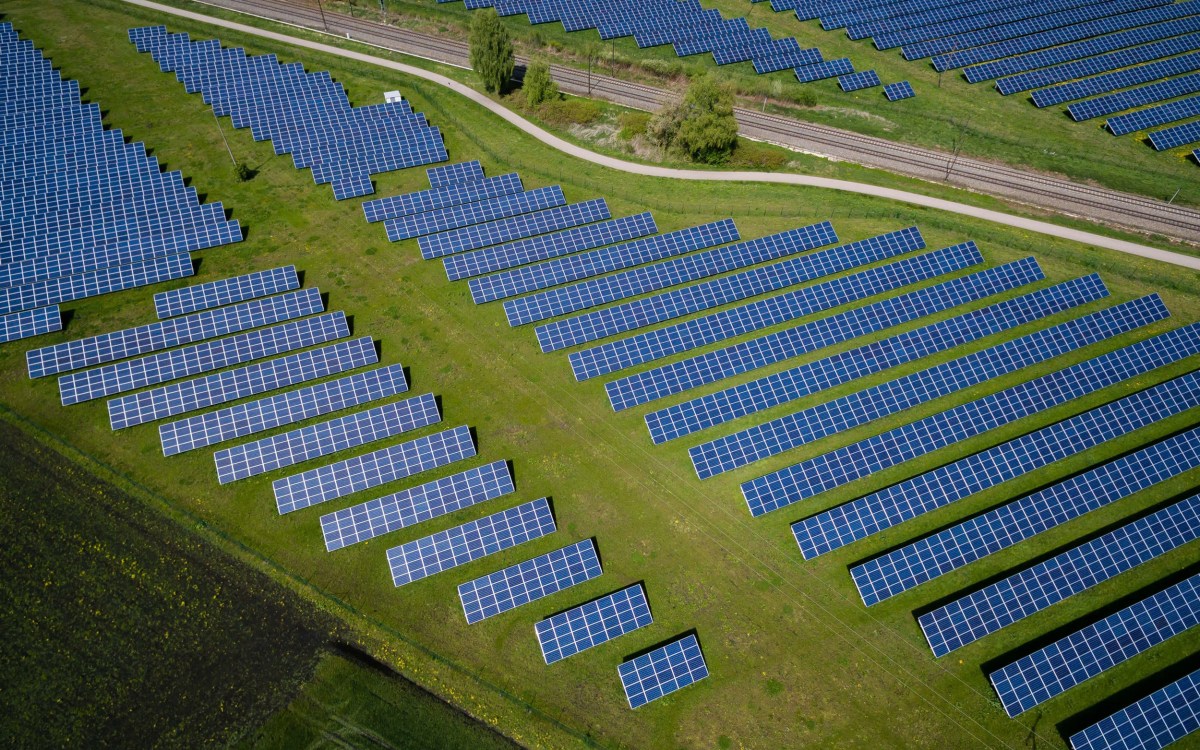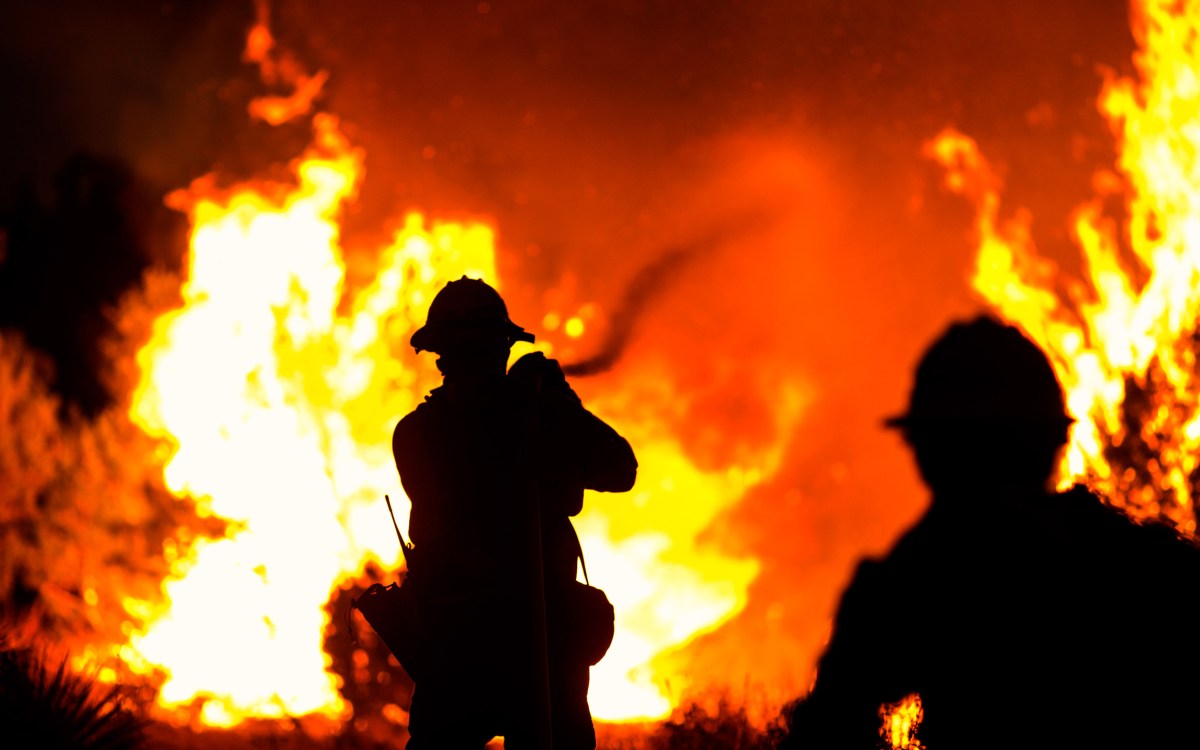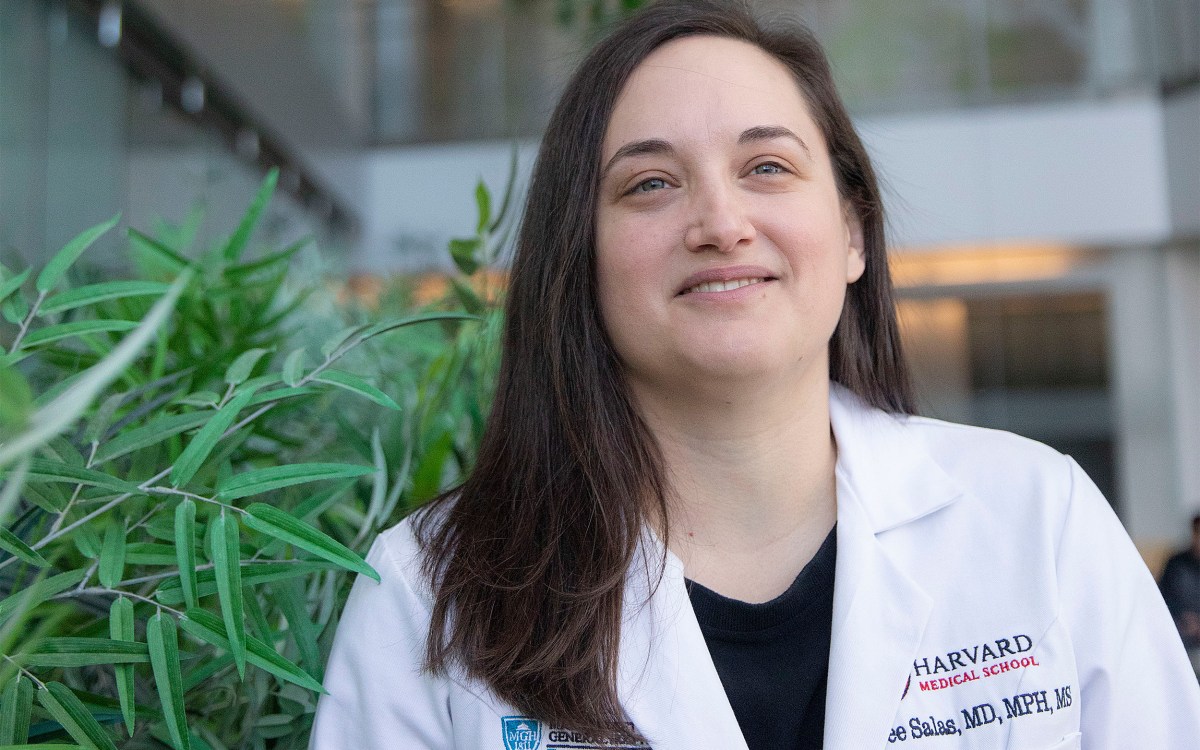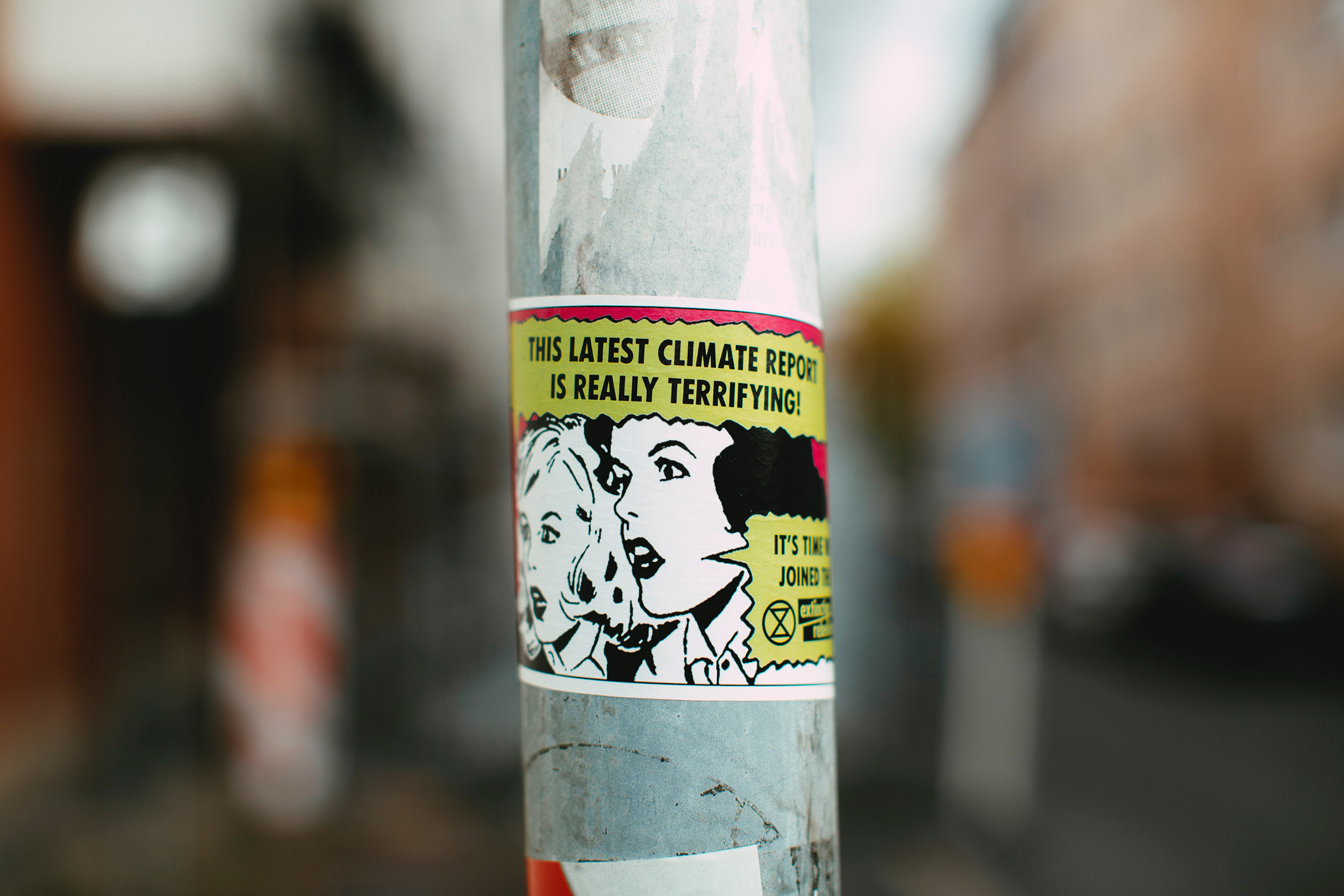
Markus Spiske/Pexels
‘Climate Conversations’ series aims to build community, spur action
Researchers, leaders, practitioners, and organizers seek paths to collaboration, solutions
Caro Park ’17 was a data analytics intern working in Ethiopia in 2016 when an El Niño system brought a devastating drought to the region where she was helping local teams monitoring child malnutrition in rural areas transition from paper to electronic records.
When the drought hit, it changed her.
“It was my first time witnessing the terrifying power of climate extremes, and what it looks like for the people living through them,” she said. “I saw how much worse the effects were for the more vulnerable populations — especially children,” some of whom were “so small and thin” that she thought they were infants.
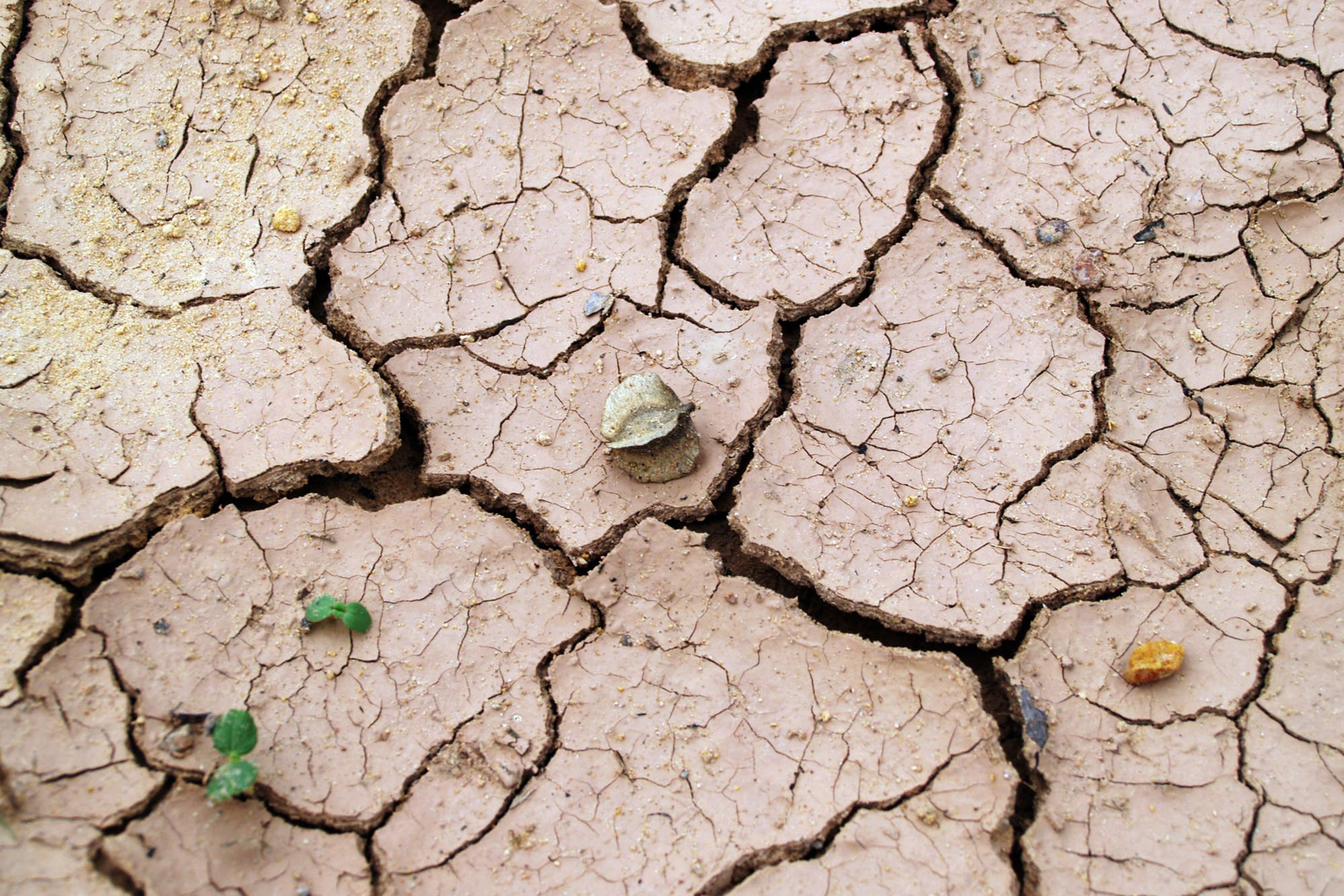
“I knew that something needed to be done and that good policy and international collaboration could not only improve their immediate lives but could also mitigate future damaging effects of climate change.”
Park, now a doctoral candidate in population health sciences at the Harvard T.H. Chan School of Public Health, shared her story during a virtual panel in September on “Climate, Biodiversity, Pandemics, and Justice.” She drew on her research into how climate change and public health intersect and how vulnerable populations are affected by food insecurity created by climate disruption. The panel was the first in a five-part series called “Climate Conversations,” interrelated discussions that bring together alumni, faculty, and student experts from a wide range of disciplines. The series was created by the Harvard Alumni Association (HAA) in partnership with alumni volunteers and the Harvard Office of Sustainability,” and continues with its fourth installment on Wednesday. The final panel will be Jan. 13.
In opening the series, Harvard President Larry Bacow noted the importance of bridging boundaries and facilitating collaboration on a broader scale. “Our goals must expand to include the connection and amplification of our efforts and the development of partnerships that allow us to work across traditional boundaries and national boundaries, between industry and the academy, boundaries between individuals and institutions.”
New ways of organizing across disciplines
The series organizers, Valerie Nelson and Terrence McNally, both from the Class of 1969, designed each panel to be intergenerational and multidisciplinary. Each begins with speakers sharing their personal stories to highlight the diversity of their experiences.
“We felt it was important to convene diverse voices to discuss the many dimensions of the existential threat of climate change,” said Philip Lovejoy, associate vice president and executive director of the HAA. “This is something we know alumni care about, and so we felt we had a responsibility to connect the experts and climate leaders from across the University … with the broader alumni body for conversations that matter.”
Lovejoy added that the HAA envisioned the series would “spur further conversations that will lead to action in communities around the world.”
A few of the panelist from across the series told the Gazette why an interdisciplinary approach to solving problems is so critical. Nadia Milad Issa, M.T.S. ’22 candidate, who took part in the third panel in November, “Changing Hearts and Minds on Climate Change,” said interdisciplinary work can help develop solutions “that tend to the multiple layers of addressing climate change.” Issa listed several, including “environmental science, food security, housing security, food deserts, impacted indigenous lands, spiritual-religious practices, individual and collective healing, and recovery processes.” The research associate at The Pluralism Project spoke about how the arts and performance can be part of climate and racial justice activism and discussed their research into Afro-Cuban and other spiritual and religious traditions and their relationships to ecosystems and culture.
Issa said an interdisciplinary approach also means bringing more voices into the process, rather than “placing the world and its health on a few hands.”
“The arts hold the responsibility and honor to be the reflection and conversation of global societies, [with dance creating space for reflection dialogue, or] utilized as a tool of resistance and a catalyst for radical social change,” they said.
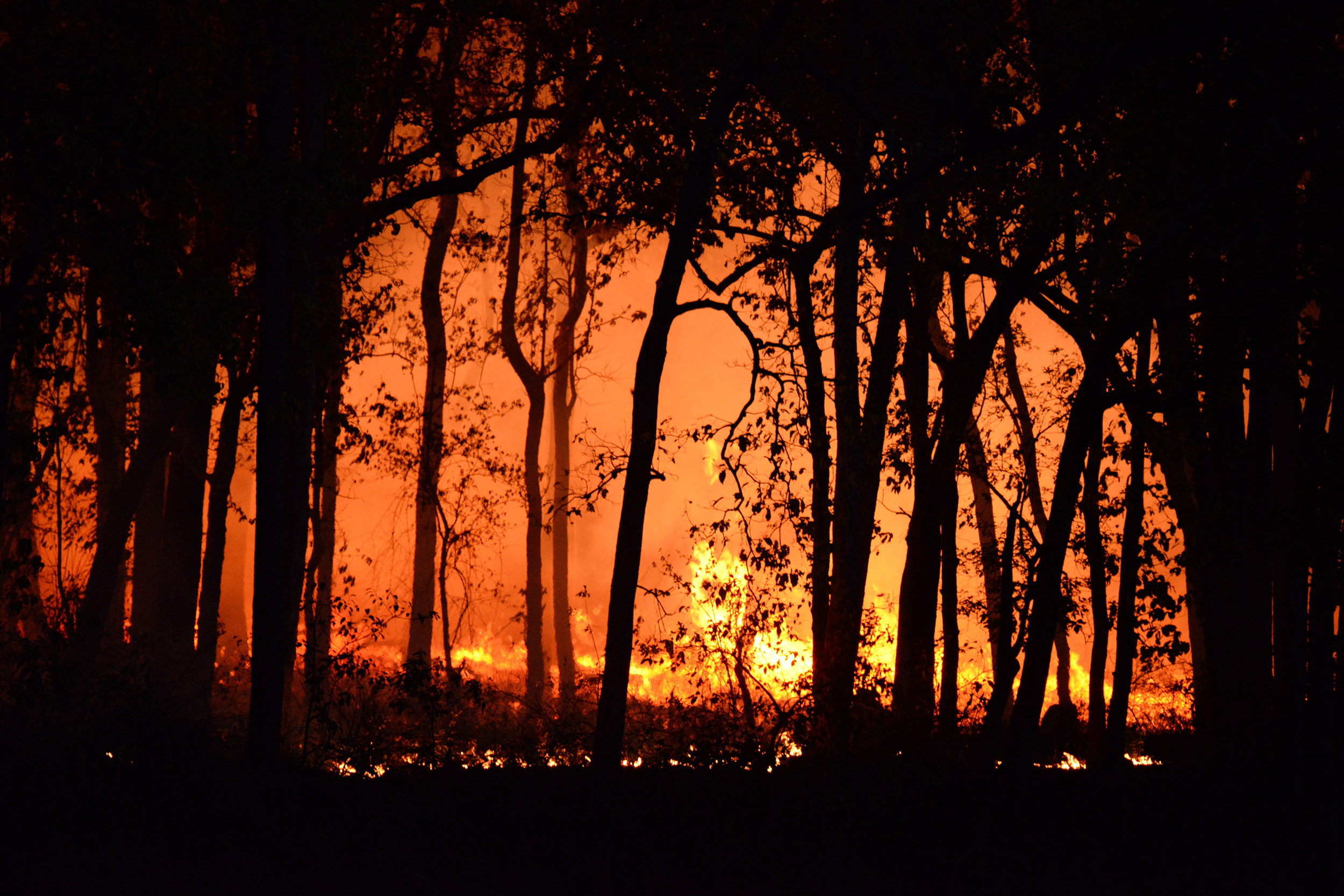

Photos by Deep Rajwar and Harrison Haines/Pexels
These problems require “new ways of organizing ourselves” across disciplines and Schools, requiring the ability to access and expand community collaborations “between groups of people with different skills, areas of knowledge, and connections,” said Sam Myers ’87, M.P.H. ’07 Myers is principle research scientist for planetary health at the Chan School, director of the Planetary Health Alliance, and an instructor of medicine at Harvard Medical School.
In the September panel, Myers spoke about the need to the reframe the debate about climate change and energy to address how global and environmental changes are affecting human health and well-being far more broadly. He said Harvard’s “incredibly broad, diverse community” can contribute significantly by engaging experts in everything from sustainable design to movement building and activism to food as well as energy systems to those thinking about manufacturing.
Claire Broome ’70, M.D. ’75, said strategic action is needed on all fronts. She cited areas in need of collaboration, especially “the transition to renewable energy and investment in cost-effective carbon sequestration, such as via natural and working lands.” Broome, who will speak at the Dec. 9 panel, “Climate Change, Protests, and Politics,” has spent the last 12 years helping accelerate adoption of renewable energy in California and working with advocacy organizations such as the Sierra Club and 350 Bay Area. Earlier, she spent nearly three decades working at the U.S. Centers for Disease Control and Prevention (CDC).
Park gave a real-world example to show how diverse disciplines solve problems. “When a heatwave hits a place in the world, we need emergency health care workers to treat those with heat stroke, policymakers to supply shelter and water for all, agriculturalists and farmers to protect the crops, park rangers to monitor fire-prone trees, meteorologists to predict the severity and duration. In the direct aftermath, we need all thinkers from all areas and all peoples to come together and map out what steps are needed going forward in what is increasingly becoming a climate crisis.”
Danielle Allen, James Bryant Conant University Professor and director of the Edmond J. Safra Center for Ethics, summed up: “Yes, it’s all hands on deck both intellectually and civically.” Allen participated in the October panel, “Climate, Government, and the Economy: Reform or Transformation?,” about the need to reform political institutions be response to crises like climate change.
Building on community
The organizers envisioned that creating a cross-generational space for Harvard community members to engage together would bring inherent advantages. In his remarks, Bacow said, “[Harvard’s] faculty, students, and alumni and friends have long shaped the future in almost every field imaginable … [and] must continue to do so.”
In addition to the research, teaching, and innovation leadership at the University, Bacow also called out the role alumni play in leading and contributing to organizations across the spectrum.
“Alumni bring a depth of knowledge and perspectives from their professional backgrounds and their experience in how to change organizations and systems over time,” agreed Broome. In her panel, Broome will use her “technical knowledge of cost-effectiveness analysis in my current efforts to promote renewable energy” as well as her “knowledge of how bureaucracies work and how to work with partners to get the policies we need.” She said that recent generations of students have produced “transformative developments in energy technology — think storage, solar, and the Internet of Things — combined with the technology platforms that were unimaginable only 20 years ago.”
“I don’t know how I can emphasize strongly enough how valuable the community-building function is,” said Myers.
“In the direct aftermath, we need all thinkers from all areas and all peoples to come together and map out what steps are needed going forward in what is increasingly becoming a climate crisis.”
Caro Park ’17
Issa’s experience has shaped the view that this approach helps redistribute power, making it easier “to gain compassion, deeper understanding, multiple critical lenses, and momentum to shake stakeholders to enact needed transformation.” They said they learned this by being “deeply engaged in Restorative Justice Circles” in high school. “[I found] student-teacher circles were the most moving and vulnerable. Still, it was essential to really see teachers in their personhood and just as impacted by school issues as were students.” Issa calls this “an imperative alliance.”
Park said that bringing together these groups is powerful, “especially if those voices can amplify those that are silenced elsewhere.” She pointed out that “experience comes in many shapes and sizes” and that during her time at Harvard as an undergraduate and as a graduate student she “has been educated by an 18-year-old and an 80-year-old just the same.”
“[I] would have been lost without the mentorship of graduate students and professors” during College, “and now as a grad student, I know I would be lost without the unrelenting and eager passion of the undergrads,” she said.
“Harvard is an extraordinary community with rich resources of mind and heart,” Allen said. “We can do more together than separately. What is gained through collaboration is the chance to accelerate development of shared understanding and identification and implementation of solutions.”
“Climate Conversations” is hosted by the Harvard Alumni Association and was developed in conjunction with members of the Harvard College Class of 1969, Harvard Alumni for Climate and the Environment, the Harvard Club of New Hampshire, and the Harvard Office for Sustainability.



